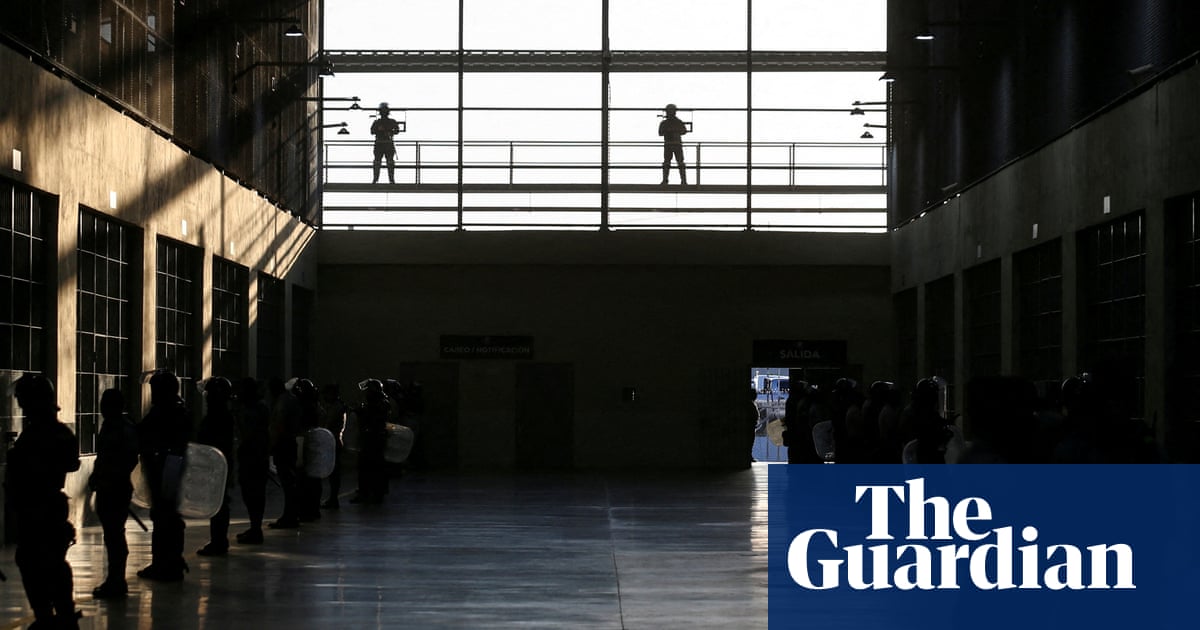Thesupreme courton Friday rejected theTrump administration’s appeal to quickly resume deportations of Venezuelans under an 18th-century wartime law.
Over two dissenting votes, the justices acted on an emergency appeal from lawyers for Venezuelan men who have been accused of being gang members, a designation that the administration says makes them eligible for rapid removal from the United States under the Alien Enemies Act of 1798.
The court had already called a temporary halt to the deportations from a north Texas detention facility in a middle-of-the-night order issued last month.
Justices Samuel Alito and Clarence Thomas dissented.
The case is among several making their way through the courts over President Donald Trump’s proclamation in March calling the Tren de Aragua gang a foreign terrorist organization and invoking the 1798 law to deport people.
The supreme court case centers on the opportunity people must have to contest their removal from the United States, without determining whether Trump’s invocation of the law was appropriate.
“We recognize the significance of the Government’s national security interests as well as the necessity that such interests be pursued in a manner consistent with the Constitution,” the justices said in an unsigned opinion.
At least three federal judges have said Trump was improperly using the AEA to speed deportations of people the administration says are Venezuelan gang members.
On Tuesday, a judge in Pennsylvania signed off on the use of the law.
The court-by-court approach to deportations under the AEA flows from another supreme court order that took a case away from a judge in Washington DC and ruled detainees seeking to challenge their deportations must do so where they are held.
The justices said in April that people must be given “reasonable time” to file a challenge.
The court has rejected the 12 hours the administration has said would be sufficient, but has not otherwise spelled out how long it meant.
The US district judge Stephanie Haines ordered immigration officials to give people 21 days in her opinion in which she otherwise said deportations could legally take place under the AEA.
The supreme court on Friday also made clear that it was not blocking other ways the government may deport people.
